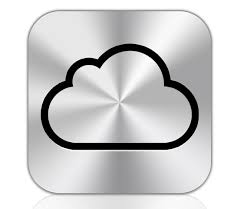Over the Labor Day weekend, hackers leaked nude images of a number of celebrities including “Hunger Games” star Jennifer Lawrence. The images appear to have been acquired from Apple’s iCloud. So, iCloud is obviously insecure and everyone should stop using it—right?
Let’s just cool our jets. Yes, iCloud appears to have played a role in at least some of the hacked nude celebrity images, but details are still too sketchy to start connecting dots that indict the entire Apple cloud storage service.
Apple has issued a statement confirming that certain celebrity iCloud accounts were compromised but notes, “None of the cases we have investigated has resulted from any breach in any of Apple’s systems including iCloud or Find my iPhone. We are continuing to work with law enforcement to help identify the criminals involved.”
Boris Gorin, head of security engineering at FireLayers, thinks we shouldn’t be throwing stones at iCloud. “The images leaked have been gradually appearing on several boards on the net prior to the post at 4chan—making it reasonable to believe they were not part of a single hack, but of several compromises that occurred over time.”
Gorin shared a theory the celebrities may have been hacked while connected to an open public Wi-Fi network at the Emmy Awards. If they accessed their personal iCloud accounts, attackers connected to that network would have been able to intercept and capture the username and password credentials. That’s not a security flaw with iCloud and having a strong or complex password wouldn’t offer protection against transmitting that password in clear text on a public Wi-Fi network.
But all we have right now is speculation coupled with security experts and vendors crawling out of the woodwork to preach the same tired advice about complex passwords, password management tools, and two-factor authentication. Granted, all of those things have value and might play a role in providing better protection against getting hacked in general, but we have no idea whether any of those things played a part in this attack or could have helped prevent it.
Don’t get me wrong— I am sure there are security issues in iCloud that savvy attackers can exploit. But no one will be served if we don’t take the time to understand what really happened so we can have a rational discussion of tools or techniques that would actually have helped prevent this breach.
Maybe iCloud is to blame. Maybe the celebrities used ridiculously simple passwords. Maybe the accounts were hacked because the victims logged in to sensitive accounts on a public network. Whatever happened, scapegoating iCloud will not solve anything or help avoid similar attacks in the future.
PC WORLD














